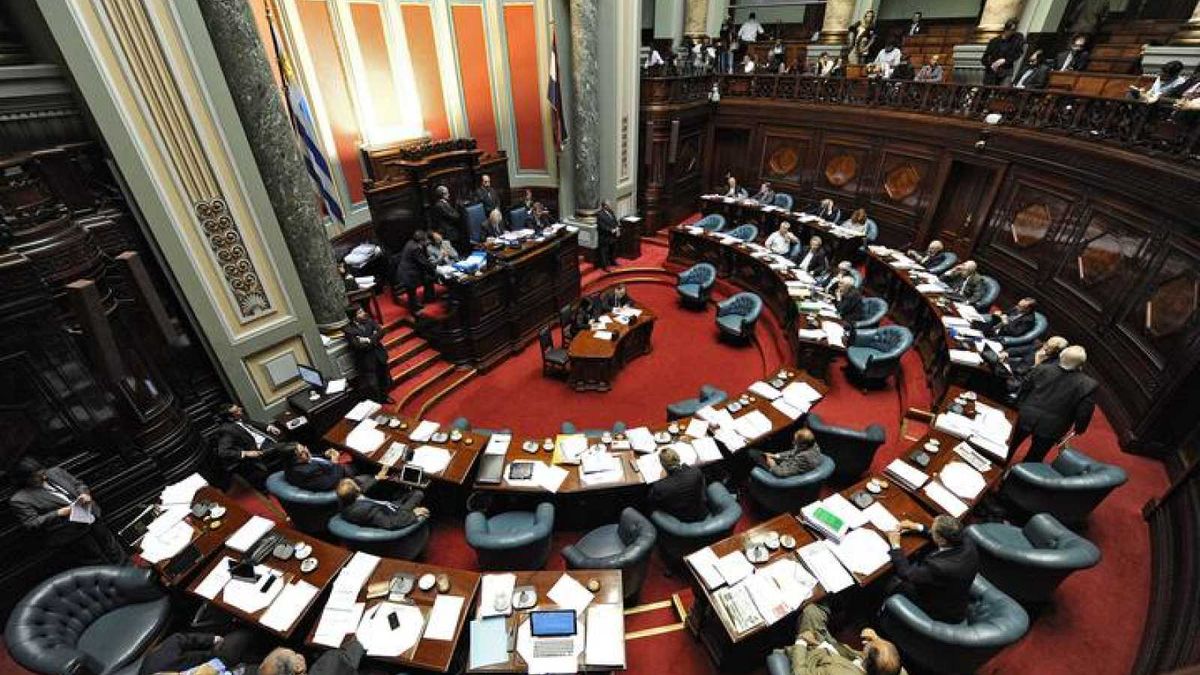The deputies of the Multicolor Coalition who make up the special commission that deals with political party financing bill in Uruguay reached an agreement and generally approved the initiative that will later be discussed in the Parliament.
After a failed meeting yesterday, due to the impossibility of reaching the necessary agreements that have at National Party as the main obstacle, the deputies met again starting at 11, before the Commission for Legislative Purposes session to begin voting on the project, as planned after the extension requested by the whites.
The truth is that the parliamentary majority is guaranteed, based on the unprecedented alliance that allowed the preparation of the base document on which legislators now work, with ideas from the Broad Front, he Colorado Party and the Independent Party; and the support of Town meeting.
From the National Party, Meanwhile, they oppose the idea of including the free advertising on television without the existence of compensation for the media, and they also disagree with the distribution of air time of the political rounds proposed by the project in question; issues included in article 13 of the document.
It is in this sense that the pro-government deputies seek to include a economic compensation for the channels for the advertising space that will be provided to the political parties in the electoral campaign, as proposed by the National Association of Uruguayan Broadcasters in commission. The idea itself is accepted by everyone, but the question is how to include it in the project.
With the delays, can the law come into force for the next elections?
The bill of financing of political parties It has been a topic on parliamentary desks since the beginning of the year. In January, the idea was to discuss it during the first sessions after the summer recess, to work on achieving the greatest possible consensus on an issue that aims to make the political fund transparent during the electoral campaigns.
The agreement is that the law must come out unanimity, and that mainly generated the delays that have meant that, almost reaching the end of the year and having already entered the electoral calendar year, the initiative has not yet seen the light in the Parliament.
In this regard, the original idea was that the changes would take place as far as possible from the elections, mainly to make them ahead of time and not on the fly, as is usual. This, finally, was not achieved—despite, even, the insistence of Cabildo Abierto—; but it does not mean that the law cannot come into force once approved, and applied to the political campaign that will be the protagonist of 2024.
Source: Ambito




